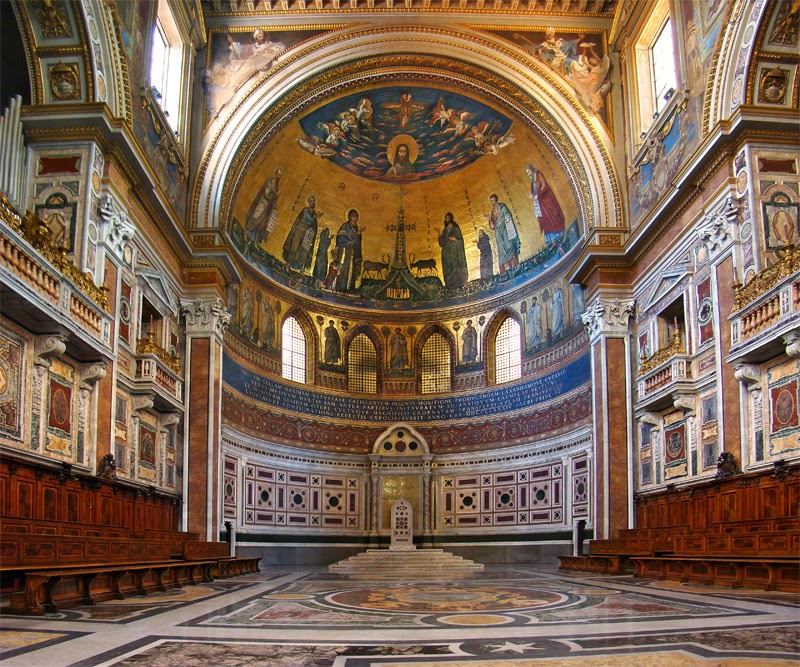III SUNDAY OF ADVENT: 1 Thessalonians 5:16-24
In this Sunday’s second reading, Paul points out what the attitude of a true Christian must be at all times, but specially during this Advent season. Look at the seven points that he stresses:
- “Rejoice always,
- pray without ceasing,
- give thanks in all circumstances; for this is the will of God in Christ Jesus for you.
- Do not quench the Spirit.
- Do not despise the words of prophets,
- but test everything;
- hold fast to what is good; abstain from every form of evil.”
Rejoicing
Christmas is a joyful feast, in which the angels come to join us in singing to God, proclaiming his glory, which manifests itself in love. He so loved the world that he sent his only Son to bring life and salvation (Jn 3:16).
A Christian moves forward, always full of hope, knowing that he does not walk alone and that God is faithful to his promises. It is from the awareness of God’s faithful love that some people gets the strength and the courage to smile and to irradiate joy, while in deep suffering. By his joy, a Christian keeps the light of hope shining in this world covered in the darkness of despair.
Prayer and thanksgiving
The rejoicing is only possible through a deep experience of God, made in prayer. Paul advises us to live in an attitude of prayer, aware of being always in God’s presence, relating to him, in a relationship of love with him. And this prayer is done in thanksgiving, because all that we are and everything that we have is a gift of God’s love: the gift of life, of the world we live in, of the people who suround us. Many times, we behave as if we are the owners of our lives, of the world and of the people from whom we demand total service, but in fact we cannot lay claim on anything but our own shortcomings and failures. In an attitude of honesty, recognising the gifts received, we must “give thanks in all circunstances”. And most of all, we must give thanks for the gift of Jesus Christ, the Word made flesh, who shared our human condition so that in him we become children of God.
Guided by the Spirit of God
We cannot be honest with ourselves, with the others and with God, if we do not pay attention to the Holy Spirit, who guides us from within. “Do not quench the Spirit”, because he illumines us and enables us to see and understand the reality around us and makes it possible for us to discern the will of God. Without a listening heart to the Spirit, we become blind, unable to see the dangers that surround us or the possibilities which are open to us.
The Spirit speaks in varied ways and mainly he speaks through other people, those who interpret the signs that come in our times and who are ready to to give voice to the challenges that we face. It is a sound advice that Paul gives us: “Do not despise the words of the prophets”.
Test everything
There is always the danger of confusing the evil spirit with the Holy Spirit, being led astray by him and thus separating ourselves from God and from the others. To avoid such a danger, Paul instructs us to test everything, keeping what is good and rejecting what is evil.
Paul’s prayer for us
Finally, Paul prayed for the Thessalonians, and we may use his prayer ifor us and for others. May indeed God keep us “sound and blameless” for the coming of our Lord Jesus Christ.
“May the God of peace himself sanctify you entirely; and may your spirit and soul and body be kept sound and blameless at the coming of our Lord Jesus Christ. The one who calls you is faithful, and he will do this.”
